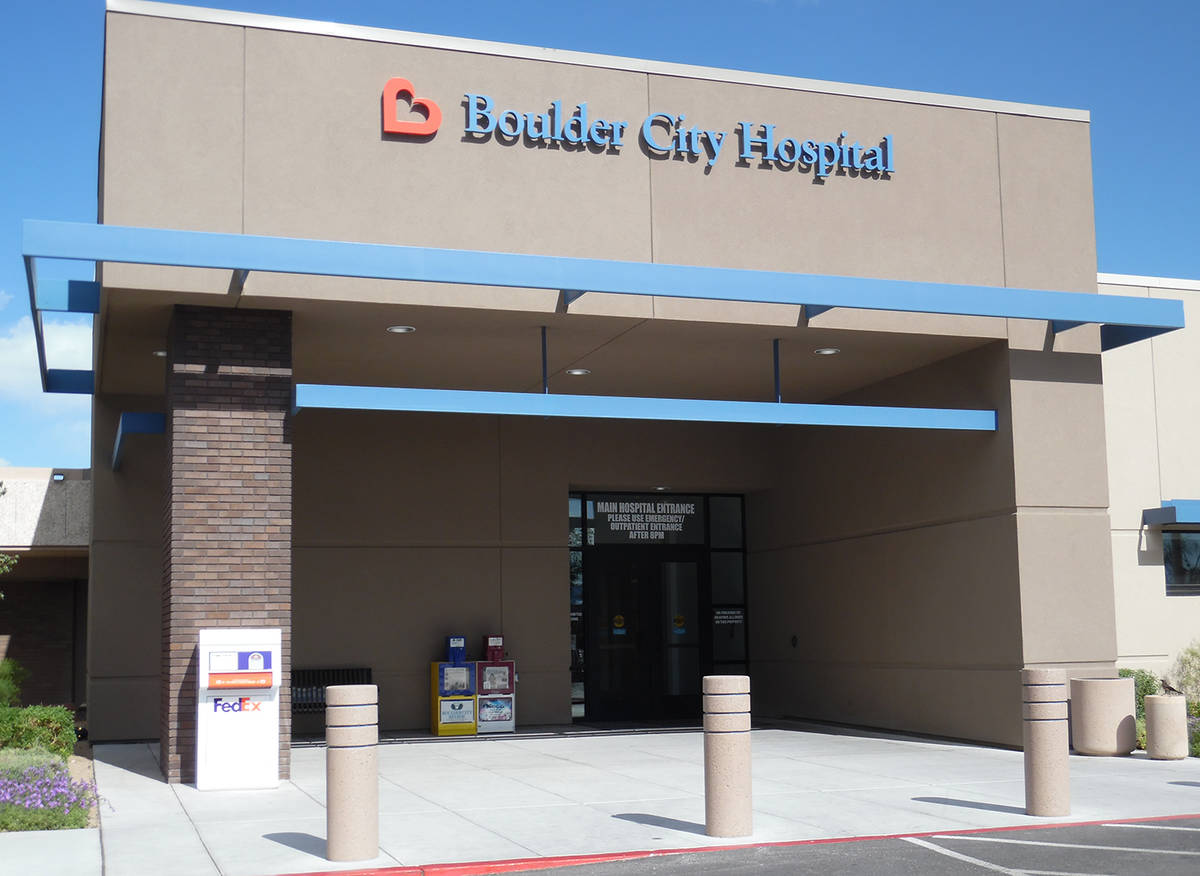Alzheimer’s most common type of dementia
Alzheimer’s disease is the most common type of dementia. It is a progressive disease beginning with mild memory loss, possibly leading to loss of the ability to carry on a conversation and respond to the environment.
It involves parts of the brain that control thought, memory and language. It can seriously affect a person’s ability to carry out daily activities.
Alzheimer’s disease is one of the top 10 leading causes of death in the United States. It is the sixth leading cause of death among U.S. adults and fifth leading cause of death among adults aged 65 years or older.
Death rates for Alzheimer’s disease are increasing, unlike heart disease and cancer death rates that are on the decline. Dementia, including Alzheimer’s disease, has been shown to be underreported in death certificates and therefore the proportion of older people who die from Alzheimer’s may be considerably higher.
In 2014, as many as 5 million Americans were living with Alzheimer’s disease. Symptoms of the disease can first appear after age 60 and the risk increases with age. Younger people may get Alzheimer’s disease, but it is less common.
The number of people living with the disease doubles every five years beyond age 65 and this number is projected to nearly triple to 14 million people by 2060.
Scientists do not yet fully understand what causes Alzheimer’s disease. There probably is not one single cause, but several factors that affect each person differently. Age is the best known risk factor for Alzheimer’s disease, but researchers believe that genetics may play a role. Changes in the brain can begin years before the first symptoms appear.
Researchers are studying whether education, diet, and environment play a role in developing Alzheimer’s disease. Scientists are finding more evidence that some of the risk factors for heart disease and stroke, such as high blood pressure and high cholesterol, may also increase the risk of Alzheimer’s disease, while there is growing evidence that physical, mental and social activities may reduce that risk.
Alzheimer’s disease is not a normal part of aging. Memory problems are typically one of the first warning signs of cognitive loss. According to the National Institute on Aging, in addition to memory problems, someone with Alzheimer’s disease may experience one or more of the following signs:
■ Memory loss that disrupts daily life, such as getting lost in a familiar place or repeating questions.
■ Trouble handling money and paying bills.
■ Difficulty completing familiar tasks at home, at work or at leisure.
■ Decreased or poor judgment.
■ Misplaces things and being unable to retrace steps to find them.
■ Changes in mood, personality or behavior.
If you or someone you know has several or even most of the signs listed above, it does not mean that you or they have Alzheimer’s disease. It is important to consult a health care provider when you or someone you know has concerns about memory loss, thinking skills or behavioral changes.
Some causes for symptoms, such as depression and drug interactions, are reversible. However, they can be serious and should be identified and treated by a health care provider as soon as possible.
■Early and accurate diagnosis provides opportunities for you and your family to consider or review financial planning, develop advance directives, enroll in clinical trials and anticipate care needs.
Medical management can improve the quality of life for individuals living with Alzheimer’s disease and their caregivers, but there is currently no known cure.
Treatment addresses several areas, including helping people maintain mental function, managing behavioral symptoms and slowing or delaying the symptoms of the disease.
Currently, many people living with Alzheimer’s disease are cared for at home by family members. Caregiving can have positive aspects for the caregiver as well as the person being cared for. It may bring personal fulfillment to the caregiver, such as satisfaction from helping a family member or friend, and lead to the development of new skills and improved family relationships.
Although most people willingly provide care to their loved ones and friends, caring for a person with Alzheimer’s disease at home can be a difficult task and might become overwhelming at times. Each day brings new challenges as the caregiver copes with changing levels of ability and new patterns of behavior. As the disease gets worse, people living with Alzheimer’s disease often need more intensive care.
To Your Health is provided by the staff of Boulder City Hospital. For more information, call 702-293-4111, ext. 576, or visit bouldercityhospital.org.
















